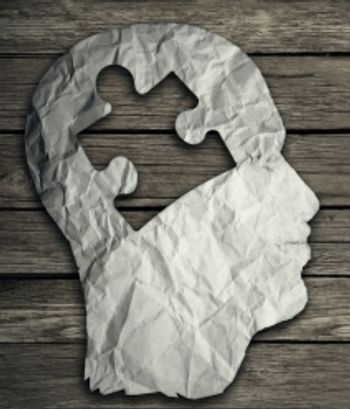
Three reasons clinicians skip over bupropion.

Three reasons clinicians skip over bupropion.
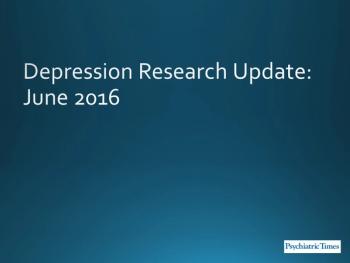
Three new studies focus on risk factors for the development of depressive disorders.
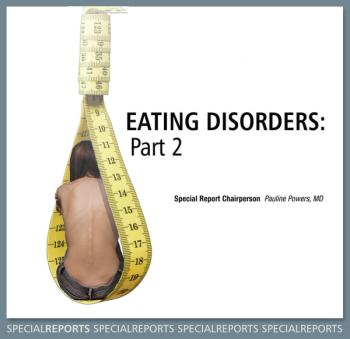
A special collection of current clinical work and issues surrounding eating disorders-specifically comorbidity, prevalence in men, and mortality.
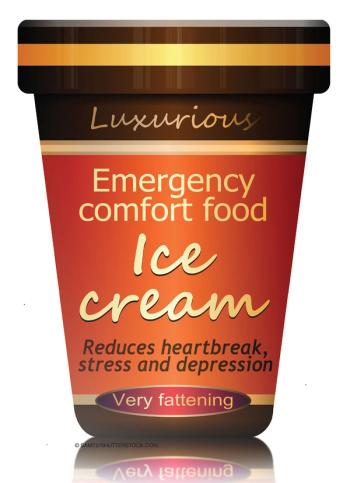
A 20-year-old college sophomore with “depression and anxiety,” who is exercising ferociously and who is literally dying to lose more weight sets the stage.
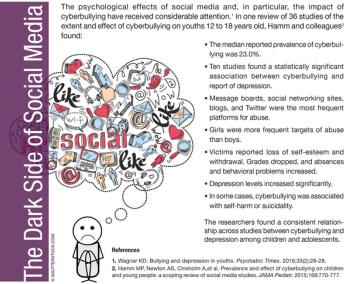
More social media use was associated with more depression in this study. Findings suggest that clinicians need to ask about social media use by people who are depressed.
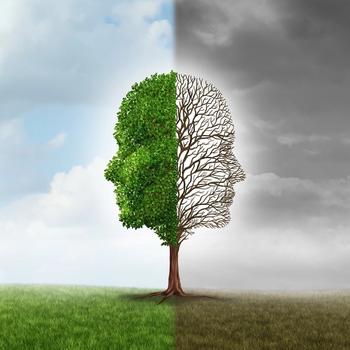
How generalizable are the results of depression treatment studies? Which factors predict readmission and length of stay in inpatients with mood disorders?
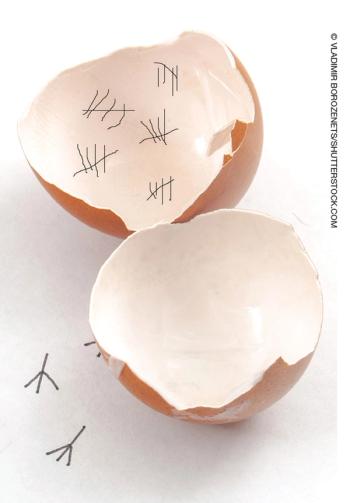
The CDC and FDA have -- at last -- recognized that there might be something of a problem in the way opiates are prescribed!
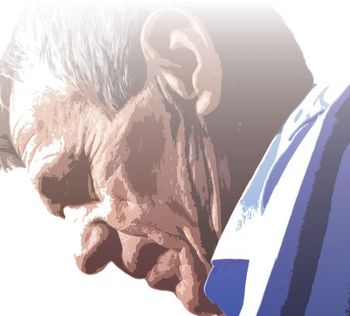
This article sheds light on the strengths and weaknesses of various approaches to TRD management in adults 60 years and older.

Is creativity augmented or inhibited by mental illness? Insights from 4 case studies of troubled yet brilliant minds.
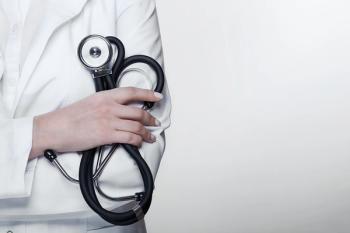

Clinicians have a powerful voice that can be used to address cyberbullying, improve campus climate, and support a positive undergraduate experience.
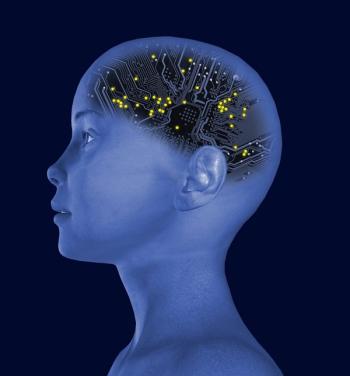
While most clinicians know about Huntington disease, they may not be aware of its devastating effect in cognition and behavior during onset in childhood and adolescence.
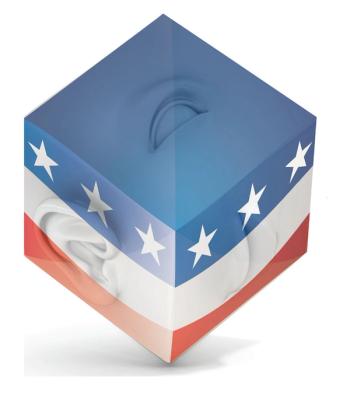
For too long the treatment needs of the seriously mentally ill have been ignored by SAMSHA, and this needs to change, says this psychiatrist.
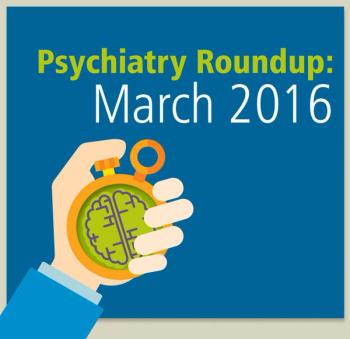
Editors' choices of noteworthy psychiatry stories from around the Web: genetics of schizophrenia, Alzheimer disease, the perils of mixing prescription and over-the-counter medications, new guidelines for treating pain with opioids, and other topics.
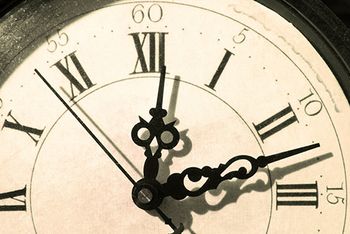
For a change, here is some very good news coming from several fronts. "It’s almost like science fiction, but it’s real."
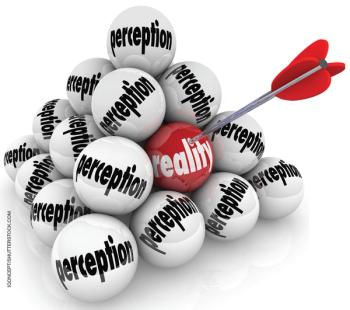
Setting the record straight on the burgeoning field of reproductive psychiatry.
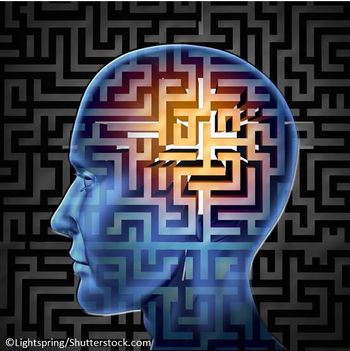
ECT has been an acute intervention for patients with severe resistant MDD, but what is its effect on brain volume?

Many teens believe the only way to escape bullying is "not to be here." The author examines recent studies that demonstrate the problem isn't going away.
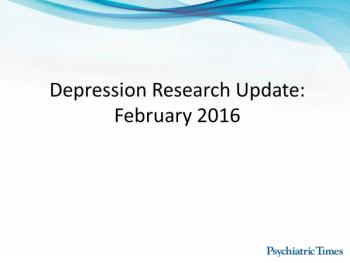
Three new studies show the effects of depression-and its treatment-on the brain.

This method of administration can mitigate the psychotomimetic and dissociative effects of ketamine.

The research on electronic aggression among college students indicates that it is highly prevalent, with over 93% of college students reporting some negative effects due to electronic victimization.
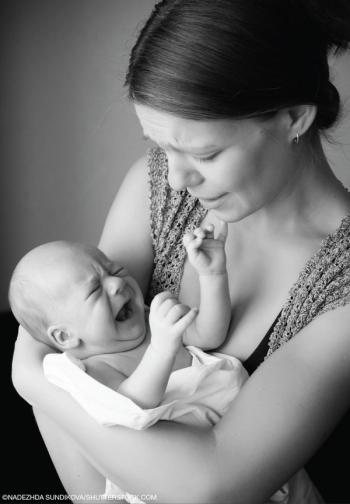
The authors examine the potential areas of concern during the postpartum period, as well as practical approaches to differential diagnosis and treatment.
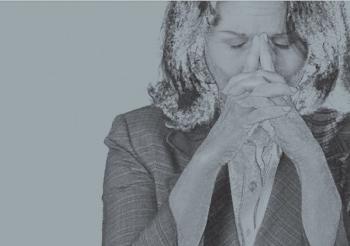
A personal account by a psychiatrist who has battled depression.

Neuroinflammation may be a culprit in the development of psychosis. What are the clinical implications?

How do the 3 FDA-approved dopamine receptor partial agonists for the treatment of MDD and other psychiatric disorders stack up against each other?